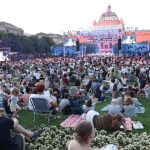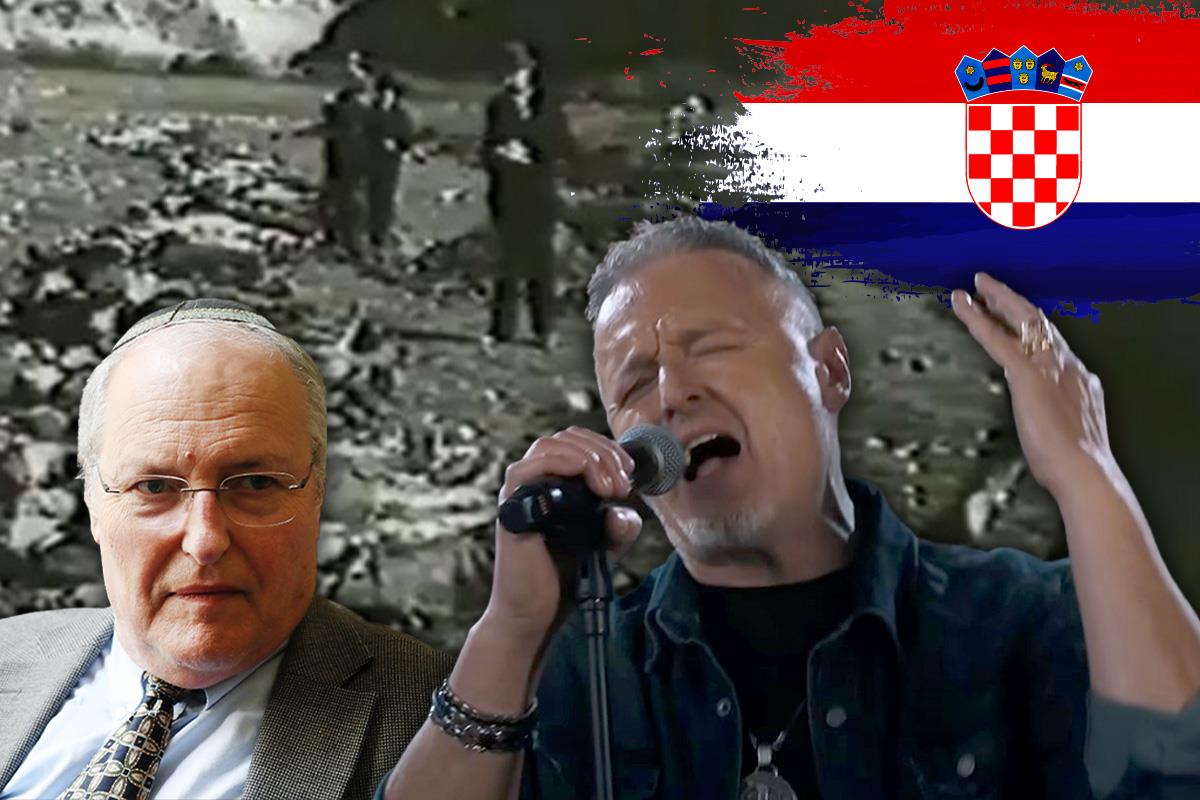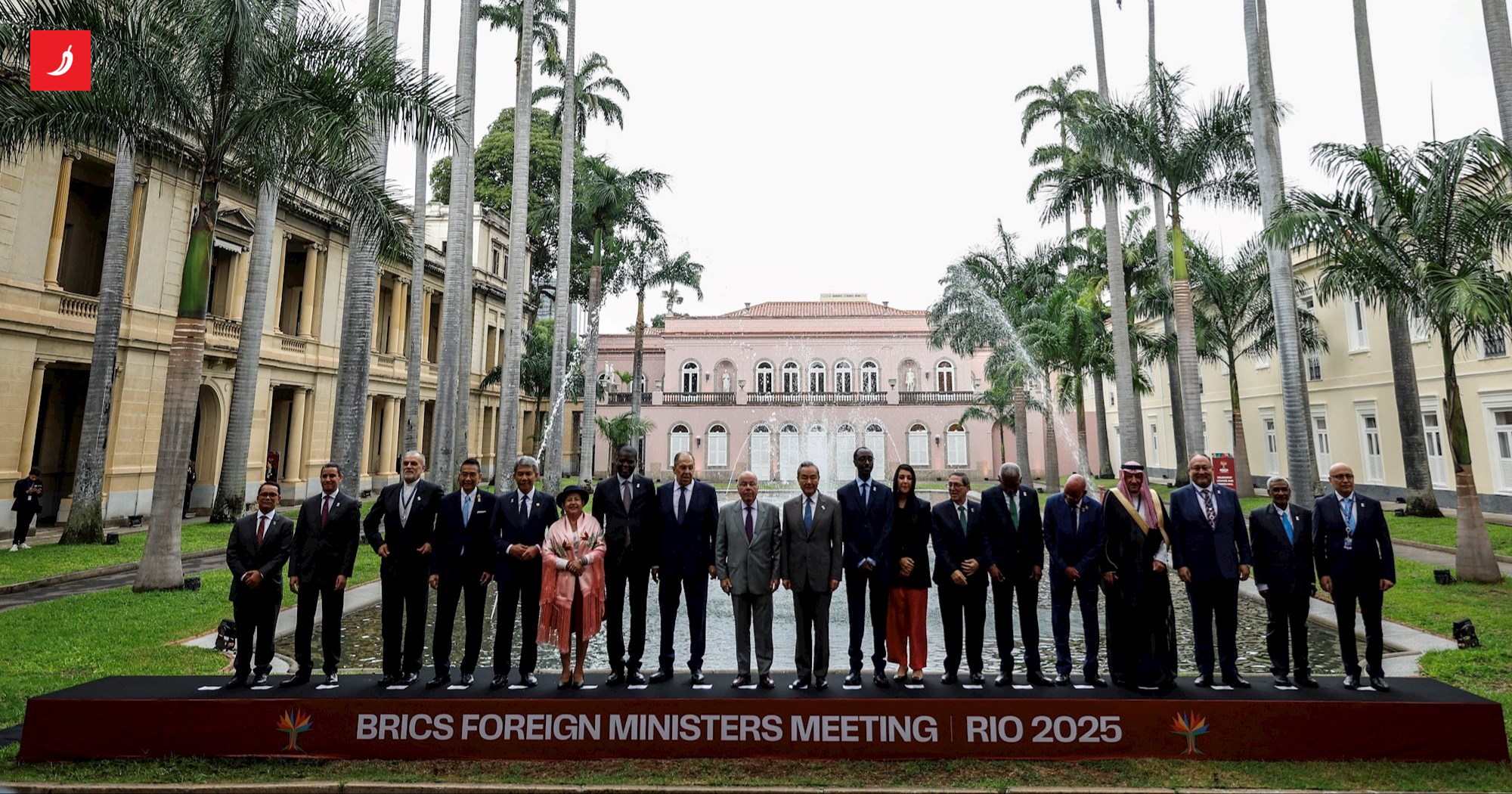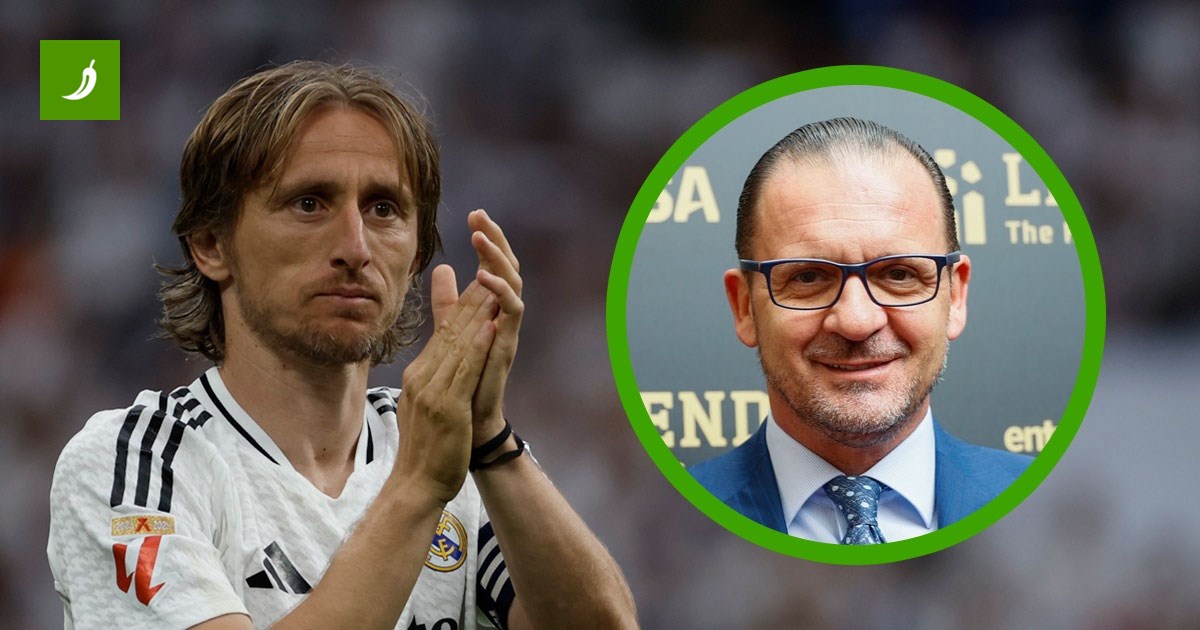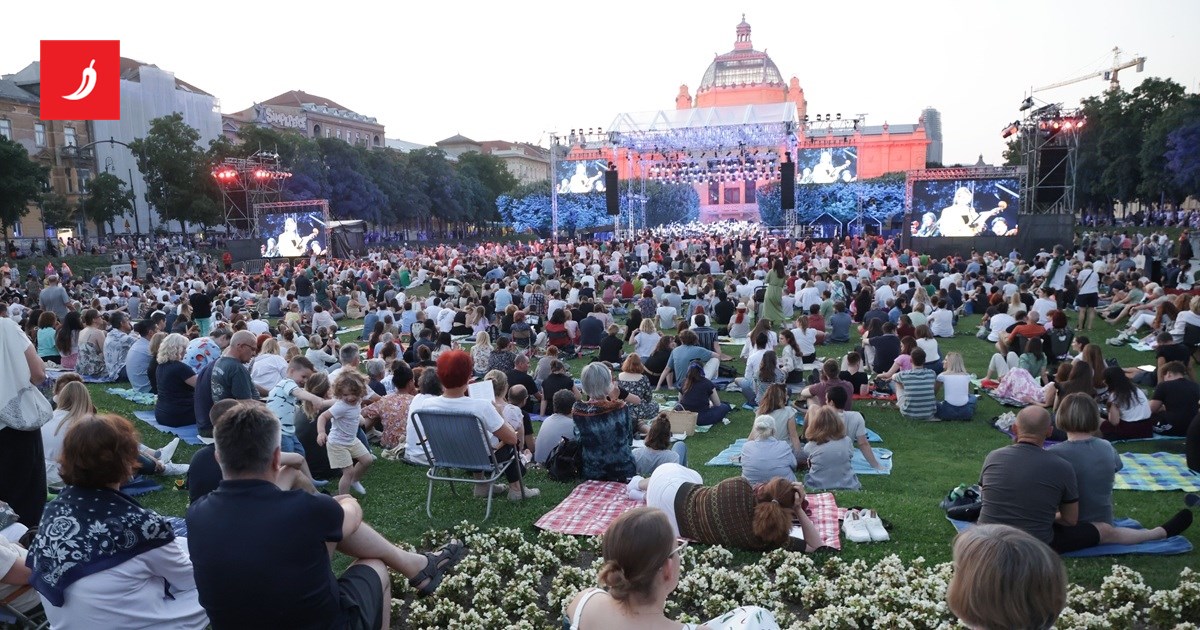Imagine this: half a million people at a concert in the heart of Zagreb, and the main star is Marko Perković Tompson – a singer whose songs glorify war crimes and the Ustasha movement! Yes, you read that right. Tompson, known for songs praising the NDH and its criminals like Maks Luburić and Jure Francetić, is set to break the Guinness World Record for the largest concert audience at the hippodrome. While Europe watches with concern, Croatia faces a dangerous distortion of history that threatens to forget the true role of Croats in World War II – as fighters against fascism alongside Serbs.
Tompson’s concerts have already been banned in several European countries, including the Netherlands and Switzerland, due to open glorification of fascist symbols and ideology. His fans come dressed in Ustasha uniforms, singing songs that celebrate death camps like Jasenovac and glorify NDH criminals. His famous song “Bojna Čavoglave” starts with the Ustasha salute “Za dom spremni,” equivalent to the Nazi “Sieg Heil.” This is not just music – it’s dangerous propaganda threatening to reignite hatred and division in the region.
Historians and Holocaust experts like Professor Jehuda Bauer and Dr. Efraim Zuroff warn that distorting history and glorifying crimes is even more dangerous than Holocaust denial itself. While Croatia currently chairs the International Holocaust Remembrance Alliance (IHRA) and is an EU member, authorities fail to prevent this concert that sends the wrong message and insults hundreds of thousands of genocide victims.
This event is not just a concert – it’s a political and social phenomenon demanding urgent analysis. Some analysts link the concert to upcoming local elections, and historians and religious leaders are expected to join the debate. But one thing is clear: glorifying Ustasha war criminals as heroes is a vile insult and a threat to reconciliation in the region.
If you think this is distant history, think again. The wars of the 1990s deepened collective memory and left room for historical revisionism. Tompson has become a symbol of that spirit, and his songs are an inseparable part of Croatian sports celebrations. Is this really the path to the future or a dangerous game with the past? Share your thoughts – is music just entertainment or a weapon that can divide nations? Drop a comment, crack a joke, or spark a debate – because this is no topic for silence!





